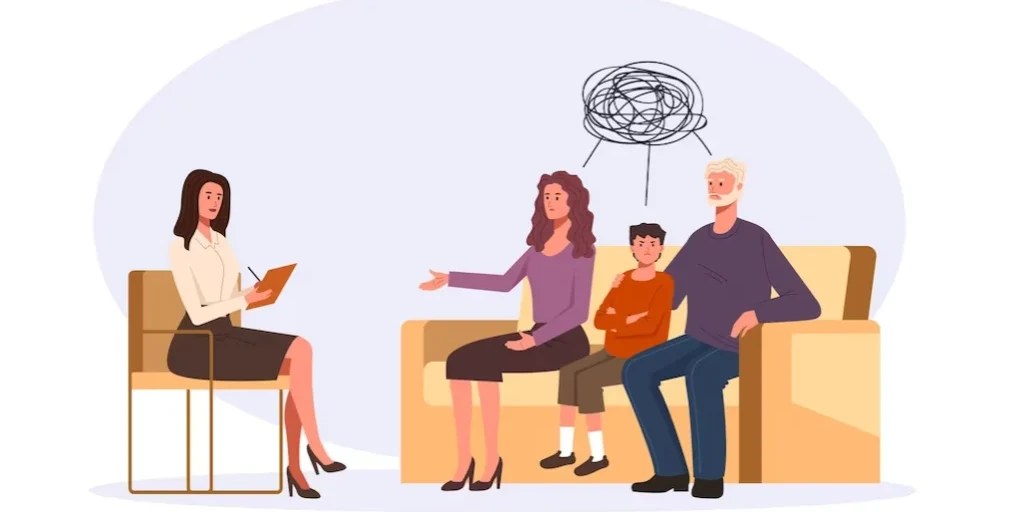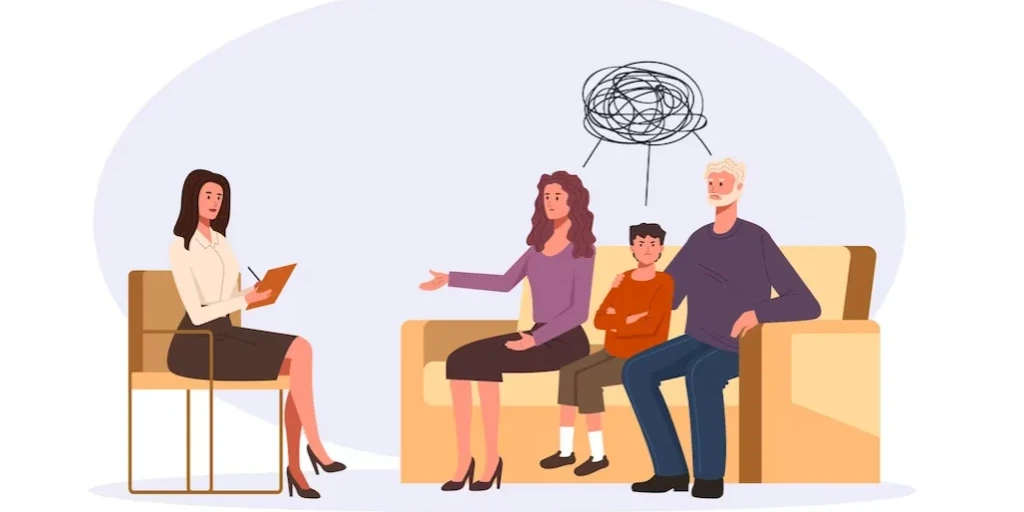24/7 Helpline:
(866) 899-221924/7 Helpline:
(866) 899-2219
Learn more about Medication-assisted Treatment centers in Castro County

Other Insurance Options

Health Net

Excellus

Regence

Humana

ComPsych

UnitedHealth Group

BlueShield

Health Partners

AllWell

American Behavioral

Self-pay options

Health Choice

GEHA

Oxford

CareFirst

Multiplan

Ceridian

UMR

PHCS Network

Lucent















Dimmitt – Outpatient
Dimmitt – Outpatient is a private rehab located in Dimmitt, Texas. Dimmitt – Outpatient specializes ...











